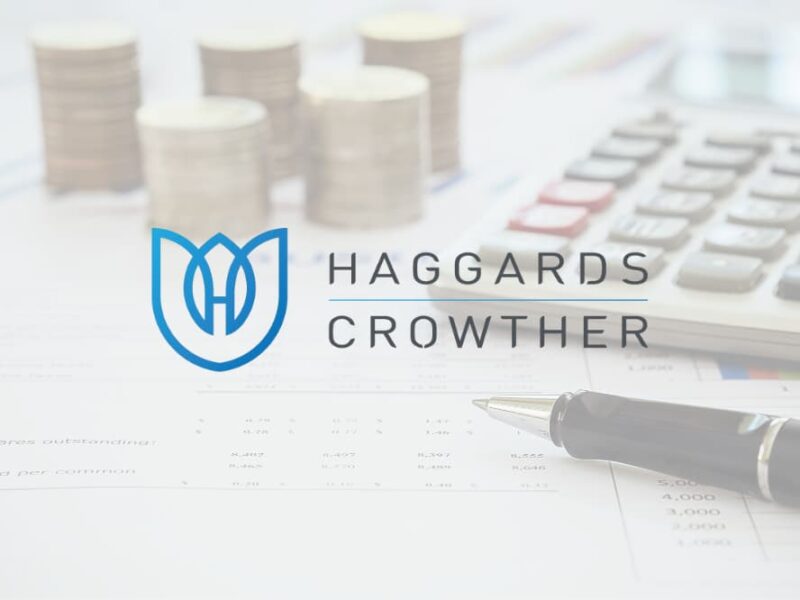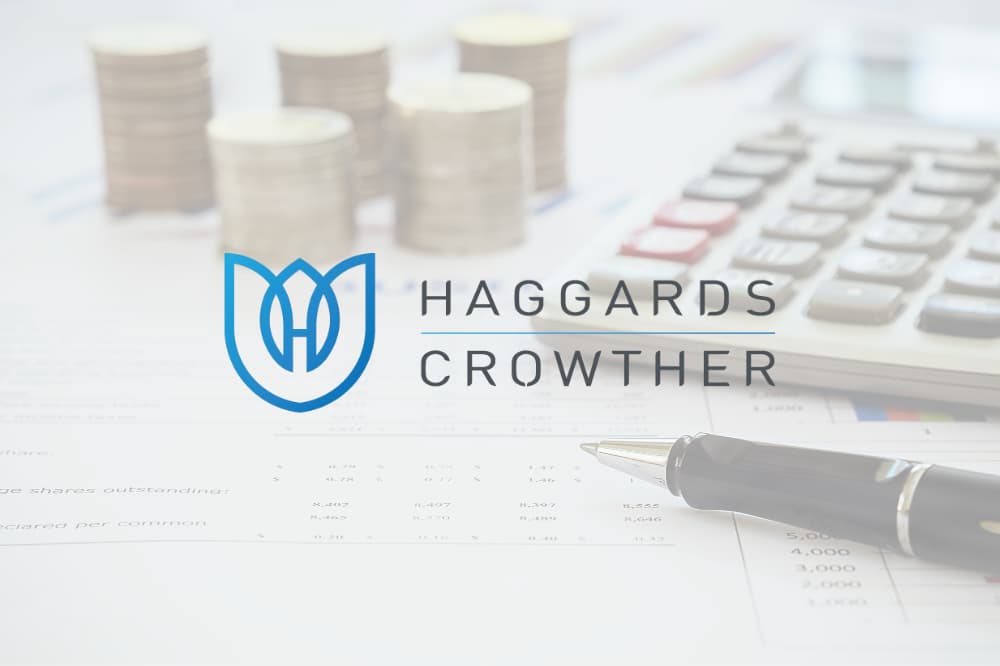
Inheritance Tax: What It Is, How To Calculate It, When To Pay It
29th September, 2025
From Capital Gains Tax to Income Tax, there is a range of taxes to be aware of in the UK – Inheritance Tax is just one more to consider.
Not everyone will have to pay Inheritance Tax, but it’s essential to be aware of what it is, to ensure accurate, timely payments should you be liable to pay it. Failing to pay can result in HMRC adding interest to your account, meaning you’re left paying more than you need.
To make sure you only pay what’s necessary, we’ll explore what inheritance tax is, how to calculate it, and when you’re expected to pay it.
What Is Inheritance Tax?
Inheritance Tax is a tax on the property, possessions, or money of a person who has passed away.
Otherwise known as their ‘estate’, Inheritance Tax is only charged when the eligible items left by the deceased exceed the current tax threshold or the Residence Nil Rate Band. Typically, Inheritance Tax isn’t charged if at least one of the following is true:
- The value of the estate is below the current Inheritance Tax threshold
- A spouse or civil partner has inherited some or all of the estate
- Any part of the estate has been left to an exempt beneficiary; i.e., a charity, UK political party, or select national institution.
Whilst historically pension funds have not been chargeable to Inheritance Tax, the current government intends to charge these funds to IHT, effective from 6 April 2027. Where a pension fund is left to a spouse, it will remain exempt from IHT; however, where it is passed to a non-spouse (or a non-charity), the intention is to charge IHT on the full value of the fund. It’s always best to check with HMRC to see which applies to your specific situation.
What Is The Current Inheritance Tax Threshold?
The current Inheritance Tax threshold is £325,000, meaning you can leave assets of up to this amount without needing to pay tax.
If you plan to leave a property to direct descendants in your estate, this figure may increase by £175,000 as a result of the Residence Nil Rate Band (RNRB). The RNRB allows you to leave your home to biological or legally adopted children, as well as grandchildren, potentially increasing the Inheritance Tax-free limit to a total of £500,000.
While tax rates are typically subject to change, the UK Government has frozen the Inheritance Tax and RNRB figures until 2030.
How Do I Calculate My Inheritance Tax?
Estates that exceed the current Inheritance Tax threshold require a payable tax rate of 40% of the estate.
For example, if the total worth of the estate is £600,000, then Inheritance Tax will be charged on the remaining figure after the tax-free amounts are deducted:
- If the Residence Nil Rate Band (RNRB) is not applied, then Inheritance Tax is charged on £275,000, making the payable tax £110,000.
- If RNRB is applied, the estate pays 40% of the remaining £100,000 after the Inheritance Tax threshold and RNRB are deducted. As such, the payable tax amount is £40,000.
You can check out the UK Government website for a list of tools and calculators to help work out the amount of Inheritance Tax due on your estate.
When Do I Pay Inheritance Tax?
You need to pay Inheritance Tax by the end of the sixth month following the death of the testator – the person leaving you the estate.
For example, if they passed away in June, Inheritance Tax payments will need to be made no later than December 31. This date is a deadline, meaning you can pay Inheritance Tax before the sixth month if you have the correct calculation ready.
However, you cannot pay Inheritance Tax before the person has passed away. If you pay after the sixth-month deadline, HMRC will add interest for every day the payment isn’t made, meaning the expected payment figure goes up by the day.
Haggards Crowther Makes Inheritance Tax Easy
With fine print to consider, fees to calculate, and dates to remember, Inheritance Tax can be confusing – we’re here to make it simple.
Here at Haggards Crowther, we offer expert Inheritance Tax planning services. We calculate how much will be due, as well as work out any ways to reduce your Inheritance Tax bill, leaving more money for the people or charities you care about.
Get in touch with our friendly team to discuss how we can help with your Inheritance Tax in full. You can contact us via our main office by phone on 020 7384 0920 or send an email to enquiries@haggards.co.uk.

Terry started life at HM Revenue and Customs before moving to Ashdens and then on to BDO and Chantrey Vellacott, the combination of which has provided Terry with a wide breadth of experience which has proved invaluable when helping a broad range of clients with their tax affairs.
Whether it involves meticulously organising a client’s tax affairs or leveraging his expertise to mitigate their tax exposure, Terry has a passion for delivering tangible results.




